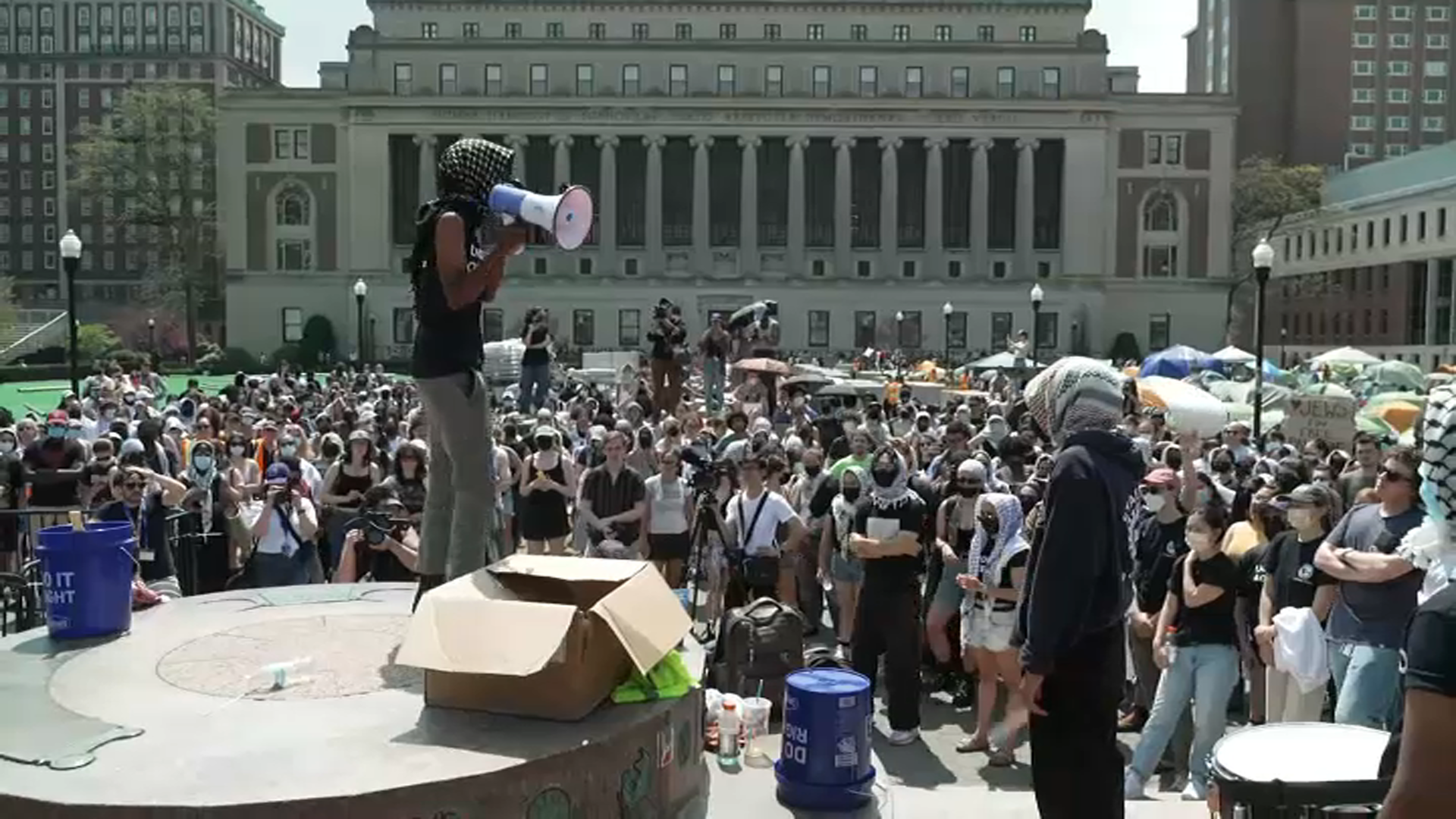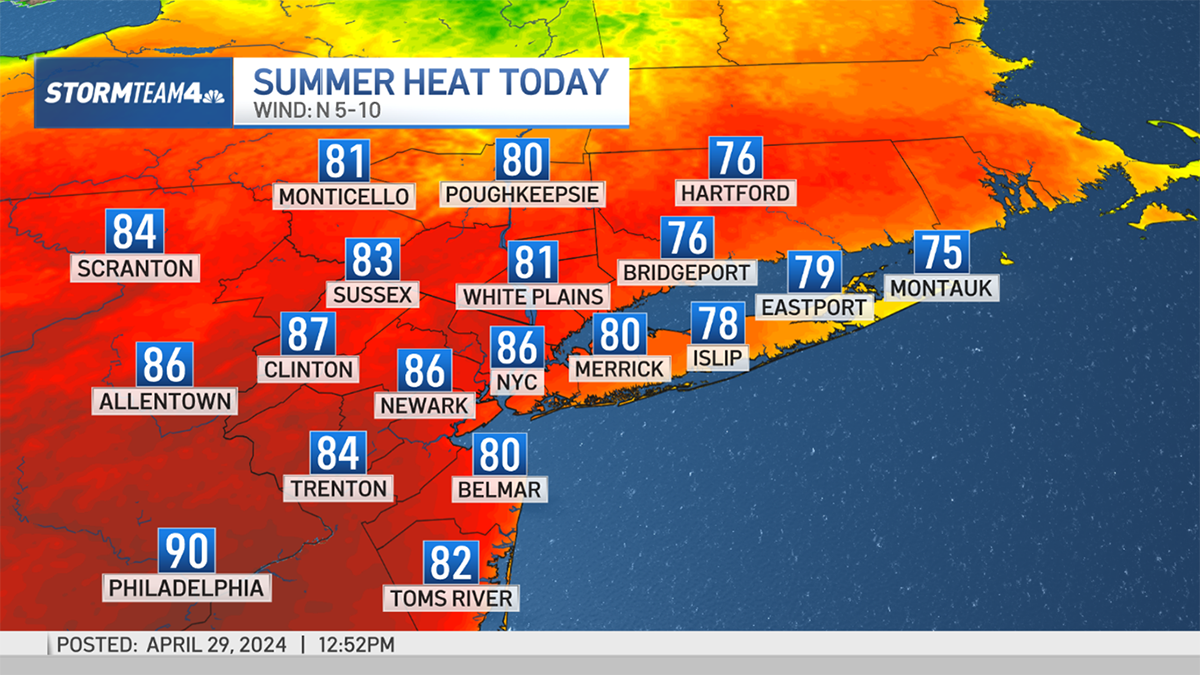
New York towns and villages that have post-Prohibition bans on alcohol sales would be forced to lift such restrictions under a bill moving through the Legislature.
The bill, which is up for a state Senate vote after advancing out of a committee last week, would strike down a 1934 law passed right after Prohibition that allowed towns and cities to opt to stay dry.
Many U.S. communities fully or partially ban alcohol sales. Pennsylvania, for example, has about 675 that have some sort of restriction.
In the Empire State, only seven communities have complete booze bans, according to the New York State Liquor Authority. The largest, the western New York town of Caneadea, is home to about 2,000 people.
Get Tri-state area news and weather forecasts to your inbox. Sign up for NBC New York newsletters.
The bill’s sponsor argues that lifting restrictions will spur business growth and save those who live in such places from having to buy their booze elsewhere, allowing them to enjoy a glass of wine with dinner at local restaurants.
“This ain’t the Prohibition era any longer. We live in New York in 2024, and this thing is kind of silly,” said state Sen. James Skoufis, a Democrat who chairs a legislative committee that most of the state alcohol laws pass through.
That sentiment resonates with Brittany Gerould, a general manager at the Dutch Village Restaurant in Clymer, a southwestern New York town of about 1,700 near the Pennsylvania border. If the bill becomes law, it would bring in “big profits” for the business, Gerould said.
News
“We definitely lose some business because of it,” she said of the alcohol sales ban. “We try to do wing nights, but of course we can’t have alcohol. We aren’t even open on Saturday nights because they were such a miss.”
Not everyone is on board.
Philip G. Stockin, Caneadea's deputy town supervisor, said he's fine with the status quo, citing alcohol abuse as a major concern.
"It gets frustrating when the state hands down mandates, it takes more and more control away from the locals,” Stockin said.
Caneadea last voted on its booze restrictions in 1986.
In Lapeer, a town of roughly 800 people about 50 miles south of Syracuse, most people buy their alcohol in the nearest town, according to Cindy Butler McFarland, Lapeer's town clerk.
McFarland, who grew up in Lapeer, said that even if the bill becomes law, she doesn't think anyone would open a bar, restaurant or store in Lapeer that could sell alcohol because there's a grocery store in the next town.
But Desiree Brown, the bar manager at the Olde School Pub in Sandy Creek, a village of about 700 roughly 45 miles north of Syracuse, said she thinks there is a market for a watering hole in the nearby dry town of Orwell.
“I can tell you just because the town is dry, the people in there are not,” said Brown. “A lot of people have talked about how they wish Orwell wasn’t a dry town because it would be one more spot to put a little pub or bar.”
Argyle, a town of about 3,500 roughly 50 miles north of Albany, voted to remove its dry status in 2019. Before then, some residents would spend their Friday nights drinking at a restaurant in a neighboring town, said Renee Montero-Kober, Argyle's deputy town clerk.
“I just think people got tired of driving out of town, and we were losing revenue by not selling it here. People were obviously going somewhere to buy it,” said Montero-Kober, who voted to end Argyle's dry era. “I do think it’s better now.”



